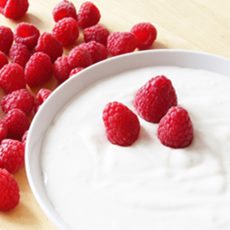Anti Inflammatory Diet
Foods that fight inflammation
Fact Checked
×All the content published in our website is fact checked to validate its accuracy.
Visit our guidelines web page to learn more about our strict processes regarding how we review our content's sources: reliable and reputable journals, media websites, universities, colleges, organizations, and professionals.
Our articles are based on scientific evidence, and the references are included in its footnotes, which are clickable links to sound scientific papers.
First published: 27.Nov.2024
Food to ease chronic inflammation
Chronic inflammation is a modern scourge triggered by an unhealthy lifestyle. This article looks at one of the factors that can help your body fight back against inflammation: a healthy anti-inflammatory diet based on natural, unprocessed, nutrient-packed foods, rich in antioxidants and fiber.
References and Further Reading
(1) ,Tran DQ, Nguyen Di K, Quynh Chi VT, Nguyen HTH (2024). Evaluating the effects of dietary patterns on circulating C-reactive protein levels in the general adult population: an umbrella review of meta-analyses of interventional and observational studies. Br J Nutr. 2024 Sep 28;132(6):783-793. doi: 10.1017/S0007114524001648. Epub 2024 Oct 4. PMID: 39364652
(2) Johns Hopkins Medicine. Anti Inflammatory Diet. Accessed: Nov. 20, 2024
(3) Harvard Medical School , (2020). Quick-start guide to an anti‑inflammation diet. April 15, 2023. Accessed: Nov. 20, 2024
About this Article
Anti Inflammatory Diet, P. Eichenblat
©2024 Fit-and-Well.com. First Published: 27.Nov.2024. Update scheduled for 27.Nov.2027. https://www.fit-and-well.com/diet-food/anti-inflammatory-diet.html
Tags: inflammation, diet, processed foods, sugar, starch, fats, health





